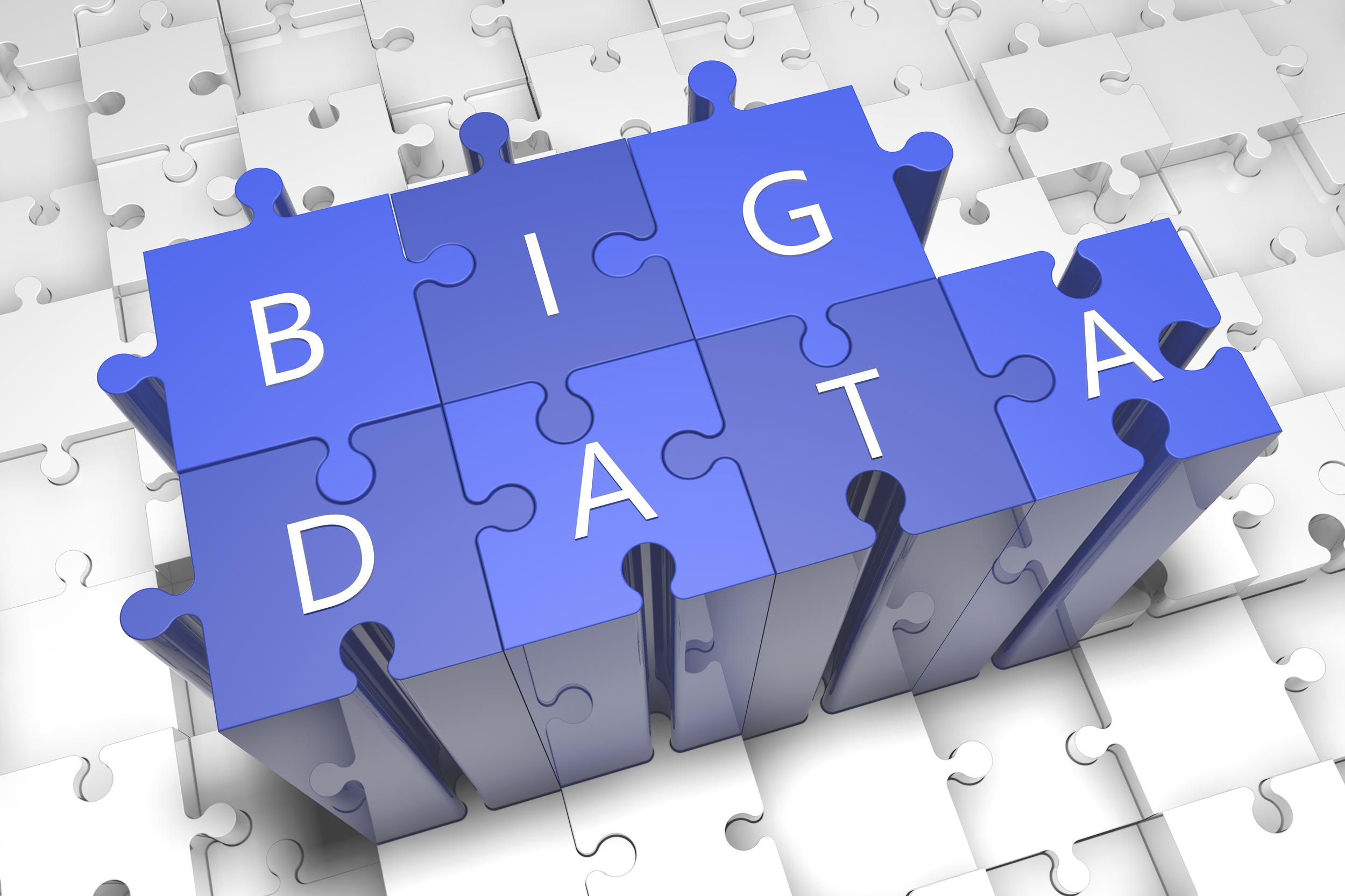AfricaPress-Tanzania: THE National Bureau of Statistics (NBS) in collaboration with the Ministry of Finance and Planning and United Nations Development Programme (UNDP), is implementing a project on strengthening Innovative Financing Mechanism and Private Sector Participation towards Agenda 2030 and Africa Agenda 2063.
The main objective of the project is to support compilation of big data to enhance availability of real time statistics in monitoring national, regional and global development frameworks.
The NBS Director General, Dr Albina Chuwa said the programme aims to complement available traditional sources of data such as censuses, surveys and administrative records in monitoring development agendas. She said yesterday during the workshop that involved stakeholders of NBS in collaboration with big data partners host.
According to her, the aim of the workshop was to facilitate stakeholders’ discussion on integration of big data in production of official statistics, for filling the data gaps in supporting monitoring of various development agenda.
“We aimed to bridge partnership and identity areas of cooperation among data providers’ producers and users of big data related statistics,” she said. The other objective is to develop and agree on the way forward towards integration of big data in production of official statistics.
On his part, UNDP‘s project coordinator, Mr Amon Manyama said we are working closely with the government through the NBS to improve its statistics and areas’
Tanzania Data Lab, Data Science Advisor, Mr Charles Bundu said they have been collaborating with the NBS for more than four years in preparing a road map and how the country is measuring itself through statistics, in indicators of sustainable goals.
Big data sources can be divided into three main categories which are organization data, such as commercial medical records, machine generated data such as smart devices and human/people generated data such as social media, online survey and blogs.
Big data is the collection and analysis of data sets that are complex in terms of the volume and variety, and in some cases the velocity at which they are collected. Big Data means data from numerous sources, such as service-producing companies.
During the discussion, the stakeholders have suggested a number of factors, such as the NBS to increase efficiency in using the national Data Centre, especially for this period which seeks to get into the use of big data.
Moreover, they added that among the sources of big data mobile statistics are the most representative, as there is a line of 48.6 millions, which is very close to the Tanzanian population.







